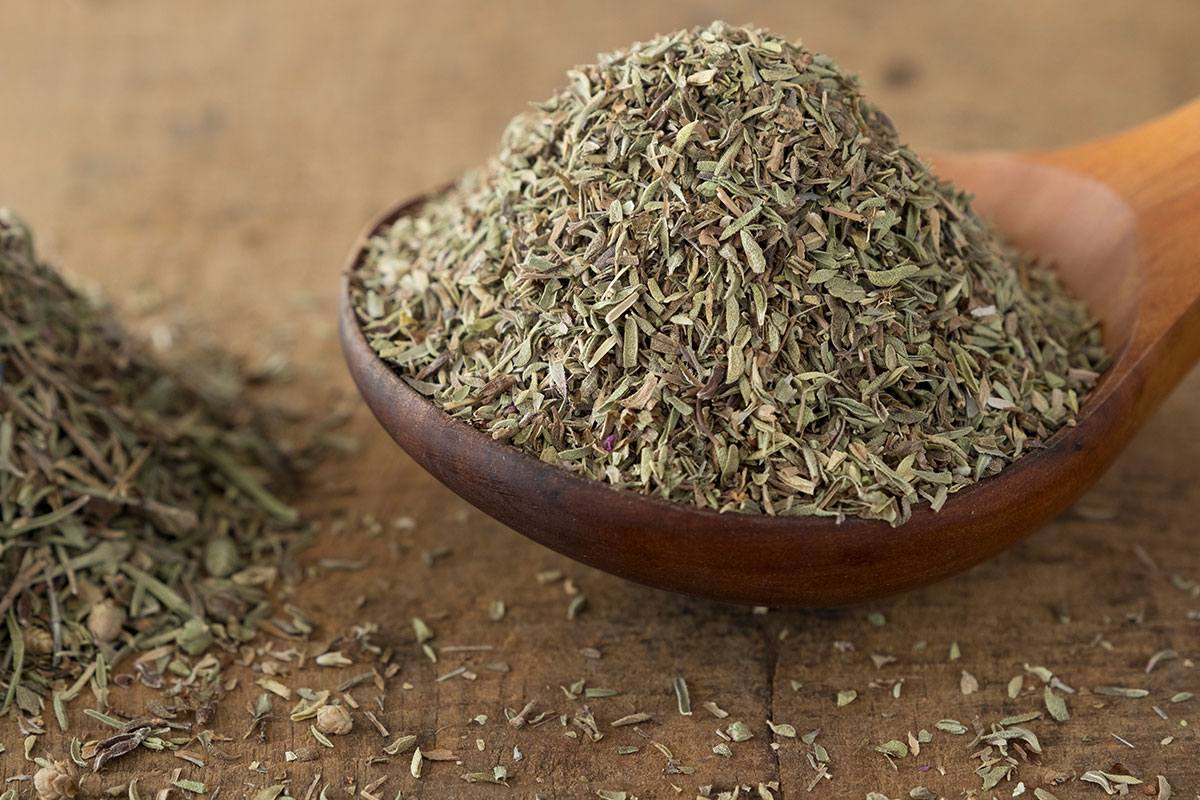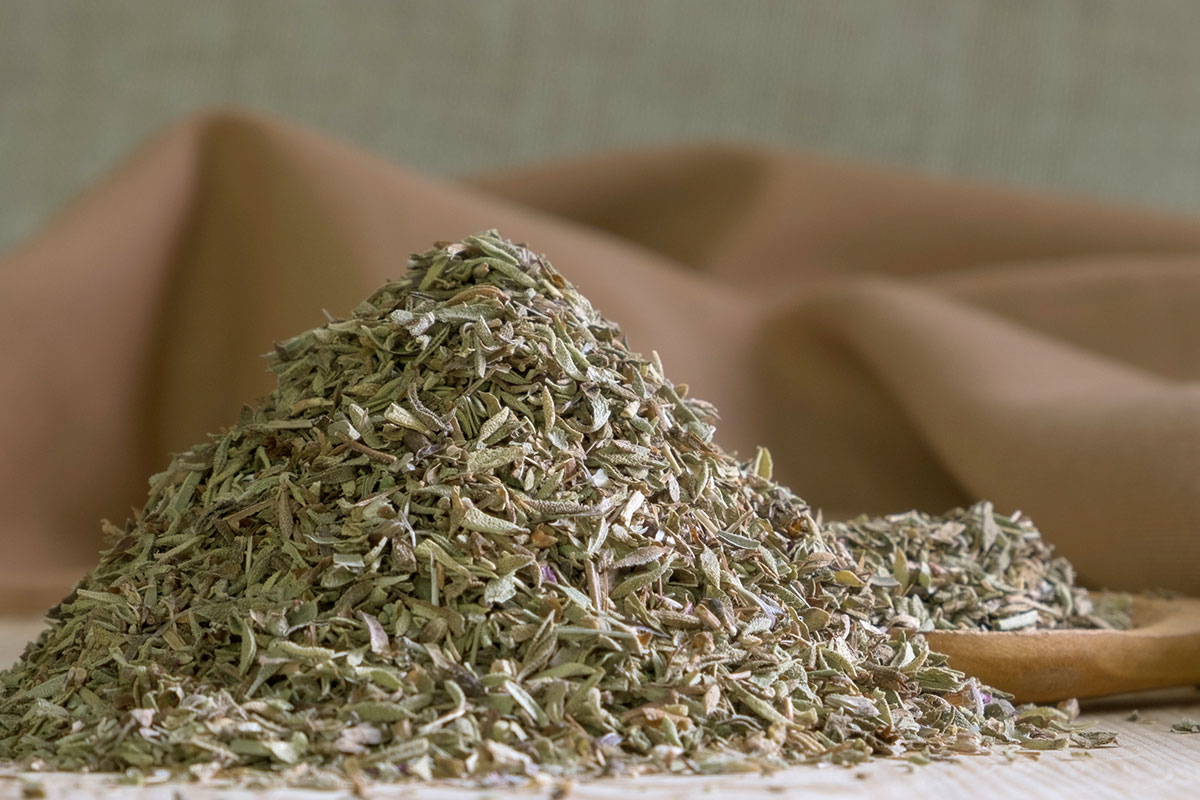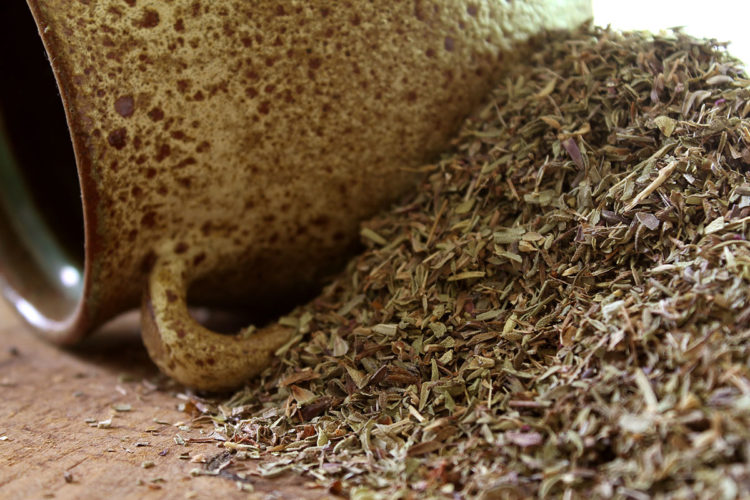7 Powerful Reasons Why Turkey Is Leading the Way in Thyme Cultivation
Introduction
Thyme has long been an essential aromatic herb across kitchens, farms, and cultural traditions. Its vibrant fragrance and sturdy growth habits have made it a staple in agriculture throughout the Mediterranean. Among the many countries cultivating this resilient plant, Turkey stands out as one of the world’s largest producers and exporters of thyme.
This article explores seven powerful reasons why Turkey plays a central role in thyme cultivation. From favorable climates to deep-rooted farming practices, Turkish thyme production combines the wisdom of the past with the momentum of a modern agricultural economy.
1. Turkey Is One of the World’s Top Thyme Producers
Turkey is widely recognized as a leading global producer of thyme. A significant portion of thyme used in international spice blends and dried herb markets comes from Turkish fields. This is no accident. Turkey’s climatic conditions, large areas of cultivable land, and skilled agricultural workforce contribute to its long-standing dominance in thyme agriculture.
With increasing demand across Europe, North America, and the Middle East, Turkey continues to expand both its cultivation area and export capacity.
2. The Aegean Region Offers Ideal Conditions for Thyme Growth
One of the reasons Turkey excels in thyme production is the Aegean region, especially provinces like Denizli, Manisa, and Uşak. These areas offer a Mediterranean climate with hot, dry summers and mild winters, perfect for thyme plants that thrive under full sunlight and minimal water.
The mountainous terrain and mineral-rich soils add character to the thyme grown here, influencing its color, texture, and aroma. Farmers in these regions have generations of experience, often using techniques passed down over decades.
3. Thyme Farming Supports Rural Livelihoods in Turkey
In many parts of Turkey, thyme cultivation is not only a profitable business but also a pillar of rural life. Smallholder farms are the backbone of production. Families often manage their own thyme plots, participating in planting, harvesting, drying, and packaging.
This local model sustains village economies and helps prevent rural depopulation. Seasonal laborers are also employed during harvest periods, bringing short-term employment opportunities to communities across Western and Central Anatolia.
4. Turkish Thyme Is Known for Its Strong Aroma and Color
Thyme grown in Turkey is widely praised for its intense aroma, vibrant green color, and clean leaf structure. These characteristics make Turkish thyme highly sought-after by buyers in international markets who prioritize product consistency and quality appearance.
Dried Turkish thyme, especially from the Aegean region, is often used in spice mixtures, dry rubs, and culinary seasonings around the world. Its natural properties, shaped by the local environment, give it a competitive advantage over other origins.
5. Sustainable and Low-Water Farming Makes Thyme a Smart Crop
Thyme requires minimal irrigation, making it an ideal crop for semi-arid and drought-prone areas. In Turkey, where water resources are increasingly valuable, thyme farming offers a low-impact and environmentally sustainable option.
This makes thyme cultivation attractive not only for economic reasons but also for long-term ecological balance. Farmers who rotate thyme with other crops can reduce soil degradation while maintaining a stable source of income.
6. Turkish Exports Drive Global Thyme Distribution
Turkey’s role in the global spice trade is reinforced by its significant thyme exports. Thyme grown in Turkey is shipped in dried and crushed forms to many countries, especially in Europe, the Middle East, and North America.
International demand continues to rise due to Turkey’s reputation for product consistency, natural drying methods, and steady supply. Turkish thyme is commonly packaged for food producers, spice companies, and retailers abroad.
7. Scientific Studies Highlight the Agricultural Value of Turkish Thyme
Academic and agricultural research in Turkey is actively supporting thyme cultivation. Universities and agricultural research centers study soil compatibility, planting techniques, pest control, and optimal harvesting periods to boost yields and improve plant resilience.
These efforts ensure that thyme farming in Turkey is not only a traditional activity but also a field of scientific development, drawing attention to the potential of this native crop in global agriculture.
Conclusion
From the mountainous fields of the Aegean to the export hubs that connect Turkish thyme to the world, this unassuming plant has grown into an agricultural success story. With low input needs, strong market demand, and a deep-rooted farming tradition, Turkey has become a world leader in thyme cultivation.
These seven powerful reasons show why thyme production in Turkey is not just about farming—it’s about preserving culture, supporting local communities, and driving international trade. As thyme continues to gain popularity worldwide, Turkish farmers remain at the heart of this global story.
Product Information
Crop: Wild grown on mountains
Parts used: Leaves
Quality: Hand picked. Sun-Dried, cleaned, 100% pure and natural.
Available as: Ground in various sizes and Powder
Industry used: Food, Dietary/Nutritional Supplement, Phytotherapy and Feed industries.
Packaging: Kraft paper bags, PP bags and PE bags in various sizes
Country of origin: TÜRKİYE




